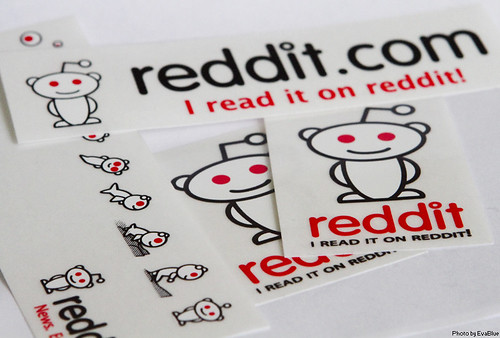In what reads like the latest episode in an ongoing drama between two tech giants, Epic Games’ aspirations to establish a third-party game store on iOS have been stifled, with Apple pulling the plug on Epic’s developer account. Apple has cast Epic as “verifiably untrustworthy,” pointing to past actions as a basis for this harsh judgement. It appears the battle lines are drawn, not just in courtrooms, but in the court of public opinion and regulatory scrutiny.

Apple’s decision comes shortly after it seemed Epic was making headway, having its developer account reinstated earlier this year. This was a significant development considering the account’s initial termination in 2020 following Epic’s introduction of a direct payment system in Fortnite, which circumvented Apple’s App Store fees. This move sparked a fiery legal confrontation that has since encapsulated discussions around app store monopolies and digital marketplace fairness.
Epic’s response to Apple’s termination of its developer account sheds light on a deep-rooted contention with the current digital marketplace dynamics. In a blog post, Epic shared its frustrations, particularly targeting Apple’s policies and the recent Digital Markets Act (DMA) compliance plan. The DMA, an EU initiative targeting tech behemoths like Apple, aims to foster a more equitable digital environment. Epic’s ambitions to launch a gaming store within iOS in Europe were buoyed by these regulatory changes, envisioning a marketplace where competition and consumer choice thrive.
However, Apple’s counter-arguments highlight a different perspective. Through legal correspondence, Apple has painted Epic as a repeat offender, unwilling to adhere to agreements. Apple’s skepticism was further fueled by Epic CEO Tim Sweeney’s public criticisms, which Apple interprets as undermining any commitments Epic might make. The termination of Epic Games Sweden AB’s developer account, as outlined in a letter from Apple’s legal team, underscores a firm stance against what it perceives as Epic’s repeated transgressions.
This ongoing saga is emblematic of broader industry debates around app store monopolies, developer rights, and consumer choice. Epic’s intention to challenge the status quo has been met with resistance, reflecting the complexities of navigating and reforming the digital marketplace. The implications of this standoff extend beyond these two companies, touching on regulatory efforts to balance innovation with fair competition.
For now, the future of Epic’s gaming store on iOS remains uncertain, and the return of Fortnite to the platform is similarly in limbo. Despite this setback, Epic remains committed to its cause, pledging to continue its fight for a more competitive and open iOS ecosystem. With regulatory eyes closely watching, this tussle between Epic and Apple is far from over, promising more developments as both entities navigate these turbulent waters.
As this saga unfolds, the industry and its observers are left pondering the future of digital marketplaces. Will regulatory interventions pave the way for more open ecosystems, or will the current gatekeepers maintain their hold? Only time will tell, but one thing is certain: the outcome of this conflict will have lasting implications for developers, consumers, and the tech giants themselves.
Related posts:
Apple Deletes Epic’s Developer Account, Stalling Plans of Building a Game Store on iOS
Epic’s EU game store and Fortnite iOS plans stall as Apple bans developer account
Apple Deletes Epic’s Developer Account, Stalling Plans of Building a Game Store on iOS





